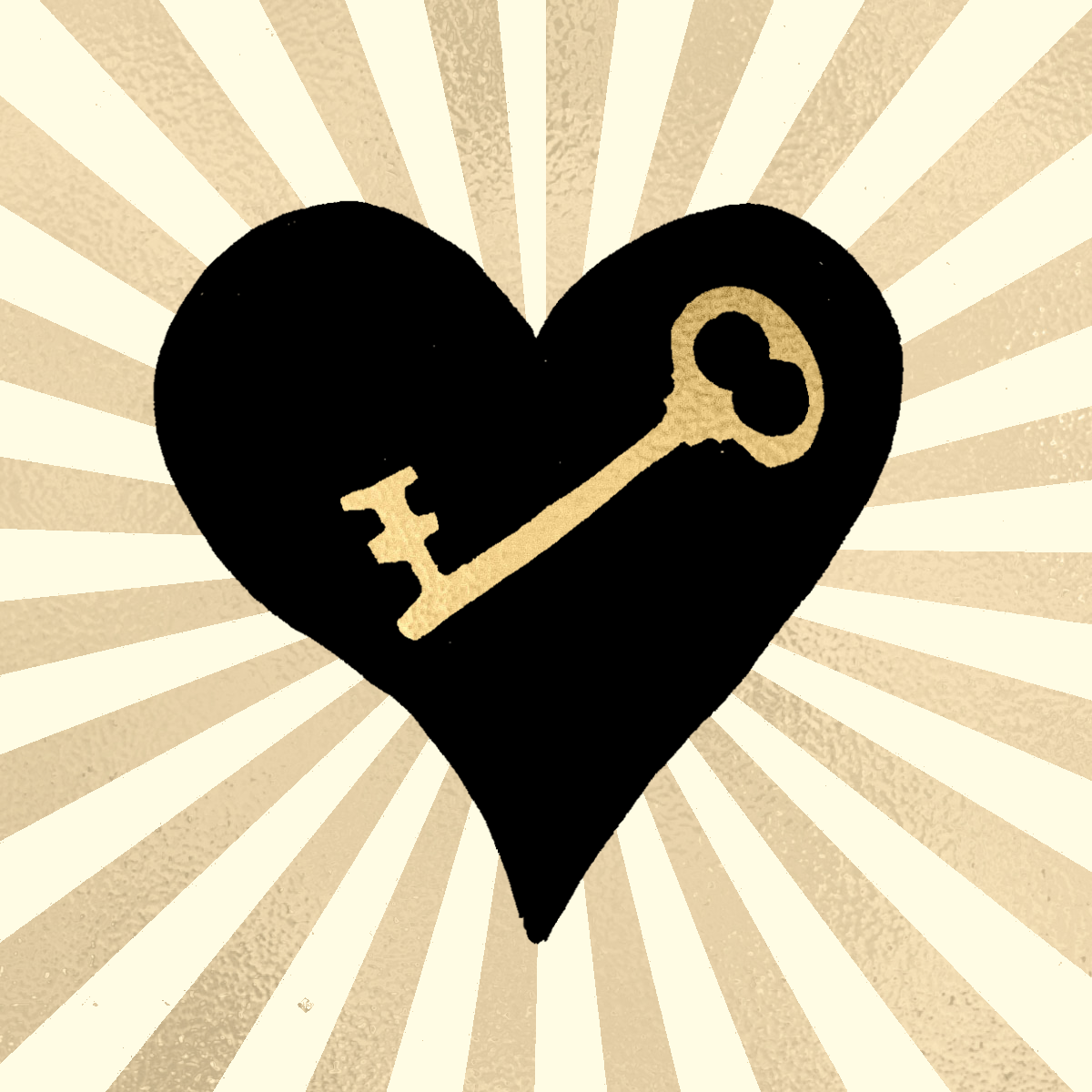Every Thursday in October
Oct 5, 12, 19 & 26
7-9 pm
@ Gallery Boom
520 Adams St. SE, Olympia
$10 per class
drop-in
Learn to take up space, find balance & equilibrium in revolutionary authenticity. This is a great way to get a taste of what I offer in private voice lessons, without having to make the same commitment of time and money.
Learn:
- body awareness
- breath control
- improvisation
- self-leadership
- group synergy
- songwriting skills
- rounds
- chants
- protest songs
This class is designed for all abilities and voices. You do not have to be a "good singer." We have all received messages from the world about the worthiness of our voices, and we carry that legacy in our throats and our bodies. This is a space to release old assumptions and get to know your voice in a supportive, flexible, loving container, through play, practice, and experimentation.
I especially love working with queers, trans and nonbinary people, women, people with disabilities, people of color, and others who have been systematically silenced and shut down. As a white jewish non-binary disabled queer femme, I find this practice to be extremely informative in understanding how we take up space, how we claim and share power, how we inhabit our bodies and access our full range of feeling and expression in relation to our environment. This is one of the ways that I seed social justice, and I offer these tools to you with an open heart and buoyant spirit.
Come make beautiful, weird, pretty, dissonant, dramatic, soulful music with your voice, your body, and your community. No need to register, just show up. Email me if you have any questions: nomylamm@gmail.com.
“Everyone has a story about their voice, whether it’s “I love to sing but I’m tone deaf,” or “I’ve had years of training and I can only sing opera.” You may have been told you can’t sing, most likely in a moment when you were really enjoying yourself, or trying really hard. Or maybe you were told you have a good voice, and you learned to hone the qualities that are pleasing to others, carefully weeding out sounds that are unique, strange, or uncomfortable.
Most of us are afraid to use our authentic voices, we don’t even know what that might mean. So we stay silent. Or we push. We sing in one specific constructed way because we think that’s the only way to sound “good.” Whether you were taught to believe that you are a good or bad singer, it’s a judgment that can be built up into an identity, a system you can use against yourself and others.
But there are other possibilities. The voice, and the sensitivities derived from practicing and using it, can be used as a gage or an energizer in a space. It can be a source of pure expression, a way to connect, and a way to observe the space you’re taking up. When we’re stuck in our oppression we often feel voiceless, the throat closes up, we can’t find a way to say what we need to say, words come out as a whisper. When we are acting out of privilege or entitlement we don’t realize, energetically, what kind of impact we are having on the space we occupy, whose voices we are drowning out. The authentic voice can be used as a tool for social justice, a way to feel ourselves and hone our attunement to each other, to connect outside of social or institutional hierarchies.”
View the full article here.


